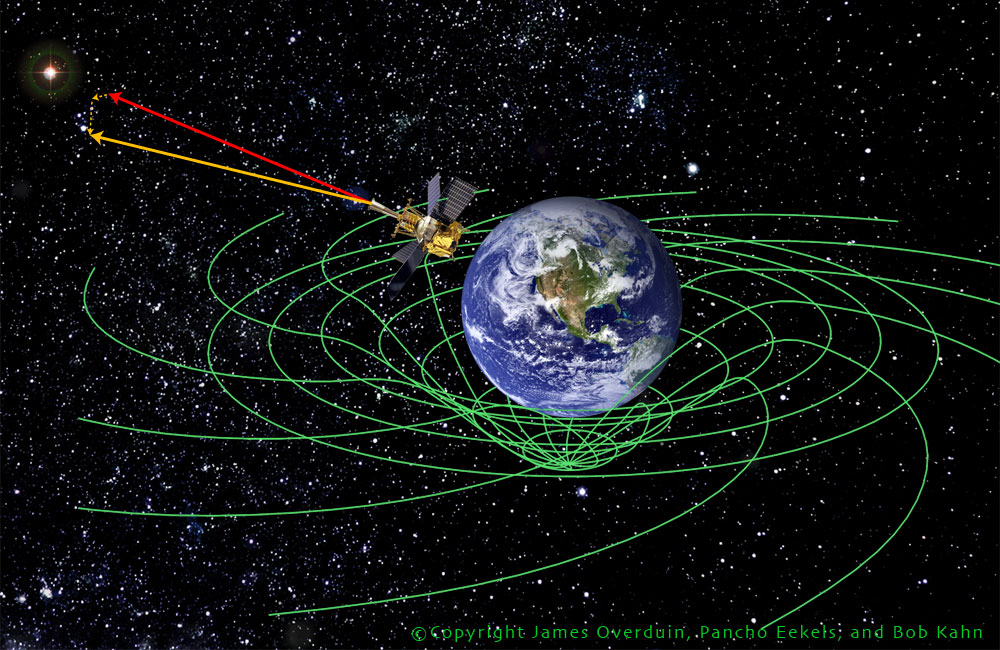During the time of Newton and the discovery of experimentation, the universe was eternal and ageless. Time was an independent variable whose course could not be altered. Scientists could understand space, measure distances, weigh masses, and calculate elapsed time. They assessed absolute events.
By “inventing” gravitation, Newton created a universal law that applied everywhere and at all times. It is a dynamic and reversible law. There is no difference between a film of a planet moving forward and the same movement filmed in reverse. The two phenomena are equivalent.
Aware of some anomalies in classical theories, Einstein integrated this law into his theory of relativity in 1905. Einstein’s equations describe a universe where space is linked to time, which Minkowski called the “space-time continuum”. Einstein also postulated the existence of a speed limit in a vacuum, i.e. the speed of light. At the same time, the French writer Gaston de Pawlowski was writing his novel “Voyage to the Land of the Fourth Dimension”, the precursor to a theme which has since become a classic.
Two centuries earlier, Newton had already shown that the universe contained 4 dimensions, but he had not established the link between space and time. Newton’s law allowed gravity to act instantly at a distance, an astonishing property which he initially judged to be divine in nature, but a few years later he had to admit that it was “absurd” without the mediation of a physical medium.
For Einstein, linking space and time means that neither distance nor time are absolute; the perception of time depends primarily on the speed of whoever is measuring it. The adventure of Langevin’s traveler gave us proof that time can be modified, which has since been verified by numerous experiments. Often these results are unexpected, putting our credulity to the test, as they relate to events that do not occur in everyday life and cannot be observed by the naked eye.
Generalizing the theory in 1915, general relativity is in fact a study of the laws of gravitation. Its perspectives are revolutionary. It affects all acceleration phenomena, especially in very intense force fields.
This theory was so unexpected because its effects could not be observed during Newton’s time, when the world was hardly subject to the effects of acceleration and could not imagine the subtle changes exerted on a body propelled at high speed, subject to extremely intense acceleration or gravitational fields.


1 comment
good